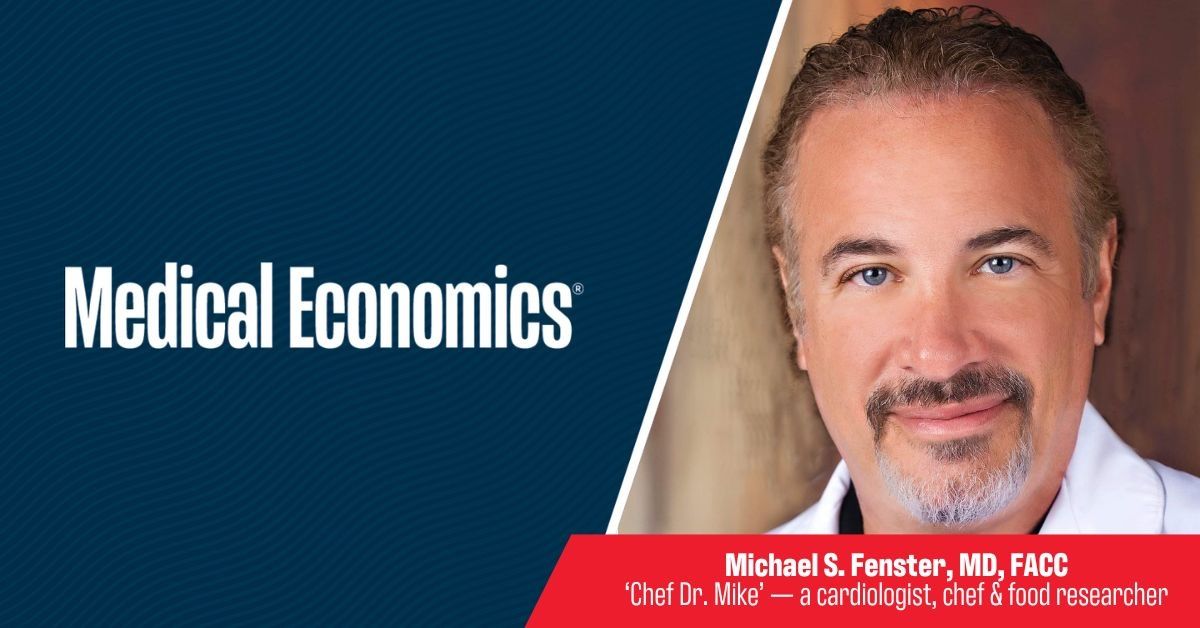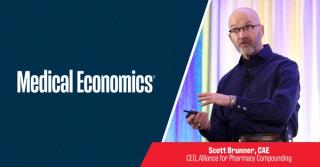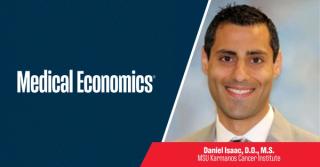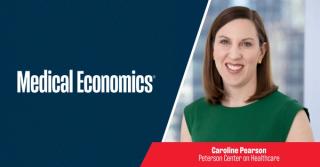
Chronic Condition Management
Latest News
Latest Videos

CME Content
More News

Make America Healthy Again Report sparks responses across health care, food industry.

An expert physician panel discusses how vaccine policy has gone wrong under the Trump administration, why misinformation has flourished and what individual physicians can do to win back patient trust.
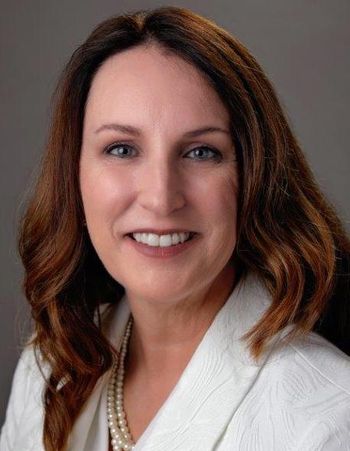
Amid growing demand, primary care physicians find themselves on the front lines of autism detection and referral. Here’s what they need to know about new developments in care.

RFK Jr. announces the removal of COVID-19 vaccines from immunization recommendations for healthy children and pregnant women, sparking concerns over vaccine skepticism and public health trust.

As digital clinics race to capitalize on the GLP-1 weight loss boom, concerns grow over quality, safety and the erosion of patient-centered care.
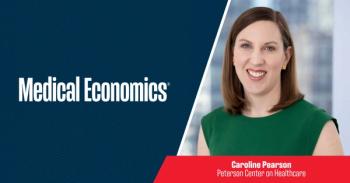
Peterson Center on Healthcare analyzes Medicare data to make policy recommendations for remote patient monitoring.

An expert physician panel discusses how vaccine policy has gone wrong under the Trump administration, why misinformation has flourished and what individual physicians can do to win back patient trust.

Caroline Pearson, executive director of the Peterson Center on Healthcare, explains a new analysis of use and payment for remote monitoring technologies.

Caroline Pearson, executive director of the Peterson Center on Healthcare, explains a new analysis of use and payment for remote monitoring technologies.

Caroline Pearson, executive director of the Peterson Center on Healthcare, explains a new analysis of use and payment for remote monitoring technologies.

Food, chemicals, behavior, medicine all play a role in helping or hurting Americans’ health, according to new MAHA report, but farmers say there’s junk science behind some claims.

Biden reveals aggressive prostate cancer that has metastasized to his bones.

A new national report finds primary care physicians diagnose 41% of pediatric major depressive disorder cases, often before crisis hits.

How do hospice services for end of life align with value-based care? Here’s what primary care physicians should know.

An expert physician panel discusses how vaccine policy has gone wrong under the Trump administration, why misinformation has flourished and what individual physicians can do to win back patient trust.
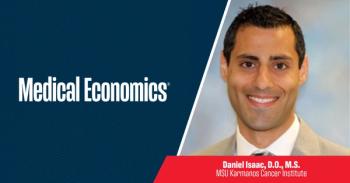
Daniel Isaac, DO, MS, an oncologist/hematologist, discusses the publicly disclosed diagnosis of prostate cancer in former President Joe Biden.

Daniel Isaac, DO, MS, an oncologist/hematologist, discusses the publicly disclosed diagnosis of prostate cancer in former President Joe Biden.

Daniel Isaac, DO, MS, an oncologist/hematologist, discusses the publicly disclosed diagnosis of prostate cancer in former President Joe Biden.

Daniel Isaac, DO, MS, an oncologist/hematologist, discusses the publicly disclosed diagnosis of prostate cancer in former President Joe Biden.

Daniel Isaac, DO, MS, an oncologist/hematologist, discusses the publicly disclosed diagnosis of prostate cancer in former President Joe Biden.
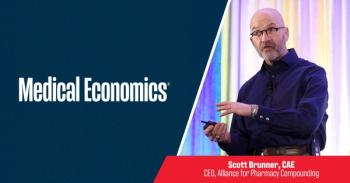
APC CEO Scott Brunner, CAE, discusses compounding drugs, including the GLP-1 RA antidiabetes and antiobesity medications.

APC CEO Scott Brunner, CAE, discusses compounding drugs, including the GLP-1 RA antidiabetes and antiobesity medications.

Compounded GLP-1 RA drugs: Are GLP-1 RA drugs the biggest phenomenon in American health care? Part 1
APC CEO Scott Brunner, CAE, discusses compounding drugs, including the GLP-1 RA antidiabetes and antiobesity medications.

APC CEO Scott Brunner, CAE, discusses compounding drugs, including the GLP-1 RA antidiabetes and antiobesity medications.

APC CEO Scott Brunner, CAE, discusses compounding drugs, including the GLP-1 RA antidiabetes and antiobesity medications.

